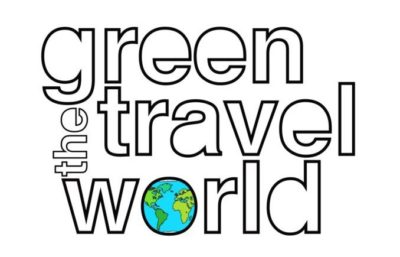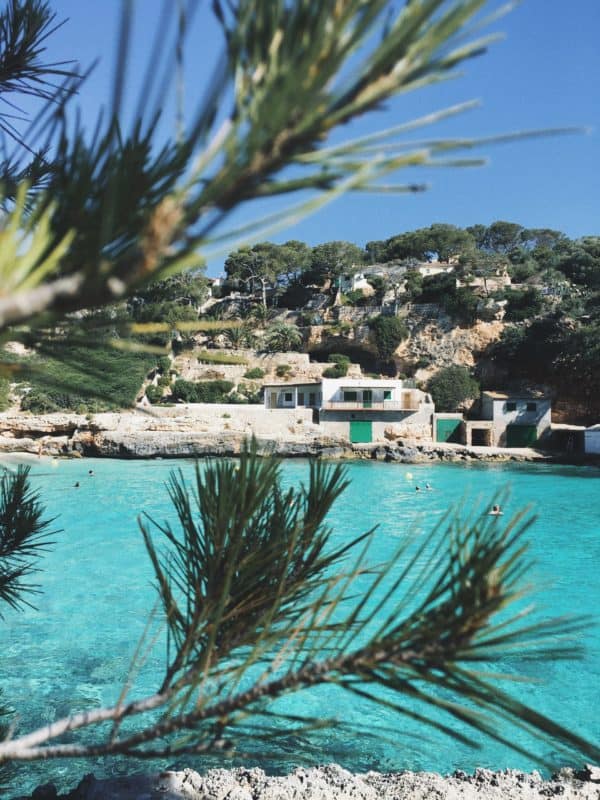Ecotourism or eco tour is a form of tourism designed to protect the environment and preserve natural habitats. Usually the destination is untouched, natural areas. The purpose of sustainable travel, defined by the International Ecotourism Society, is a responsible, positive impact on the local population, environmental protection and education about the surrounding nature and ecological measures. Since 1960, ecotourism has been oriented towards preserving and continuing the local cultural heritage. Holidaymakers contribute to an economic strengthening of the region and the understanding of culture and nature should be promoted.
The economic interest is exclusively designed to reinvest in the environment. In doing so, not only the human environment is taken into account. It is about ecosystem interrelationships, the environment is considered in its entirety. Ecotourism focuses especially on the ecological behaviour on site. Travel yes – but with responsibility.
What is sustainable tourism?
Sustainable tourism goes one step further than ecotourism. It is the vision of environmentally conscious and sustainable travel and not an official form of tourism like ecotourism. Here, sustainable planning takes place long before the journey. Because ecotourism also includes a flight to Australia. The resulting emissions can hardly be “offset” by sustainable activities there. With sustainable tourism, the means of transport is also environmentally friendly.
Another term often used in this context is soft tourism. This definition cannot be used equivalently to ecotourism either. With soft tourism, the values of travel are prioritised differently. Here, quality comes before quantity. Environmental compatibility, social compatibility and added value are the guidelines.

What examples are there of ecotourism & sustainable travel?
Sustainable travel can take place in many different ways. Often the above definition is a guideline for the tour operator and is implemented in various ways. For example, an on-site wildlife observation or photography course for nature images can be an example of sustainable tourism. Whether it is a camping trip to the nearest farmer, a canoe weekend or a luxury holiday in the Maldives – there are no limits to your imagination. In order to plan a trip in the sense of sustainable tourism, an environmentally conscious transport should of course be chosen. Here the long flight to the Maldives is probably not necessary. Alternatively, many airlines offer the possibility to pay compensation. Of course, this does not change the direct CO2 emission.
What are the sustainable goals?
Here again there is no general answer. In the meantime, environmental awareness has reached many countries and there are often green alternatives to sustainable travel. However, some countries are a bit further in ecological standards and offer more environmentally friendly alternatives. In Costa Rica and Brazil, for example, there are many offers to actively support nature. On Iceland nature is also very important. Especially here, a lot of educational work is done to make the tourists aware of the uniqueness of the local environment. But not only South America and Iceland are good sustainable destinations. How about New Zealand, Palau or the Galapagos Islands? If you’re just sitting in your warm apartment and want to cool off, Norway, Sweden, Canada, Antarctica and Alaska offer other destinations that are compatible with ecotourism. As mentioned in the previous section, traveling by plane is not the most sustainable form. Those who do not want to do without exoticism will not get around getting on the plane. So if it cannot be avoided, it is even more important to pay attention to sustainability on site and to keep an eye on your ecological footprint after the trip.
Because sustainability is always to be seen as a holistic approach. What does this mean? An example: Anyone who forgoes the annual air journey, but at home every day covers even the shortest distance by car, even though it would be possible to switch to bicycle and bus, is suddenly not acting sustainably per se as a result of the savings on air travel.
On the other hand, if you always fall back on more sustainable alternatives in your everyday life and board a plane every two years, you are suddenly no longer sustainable due to air travel. In the end, it always comes down to a holistic approach.
ecotourism activities on the trip…
If you want to pay attention to sustainability in your holiday, not only in the choice of hotel and means of transport, you can of course also plan an environmentally conscious activity. Why not take a cooking course with a local cook? I promise you it will taste better than the dish you find on Facebook. Of course there are often other courses on offer. Would you prefer something more active? No problem, how about animal watching or excursions into nature. Often there are guided tours by a local guide. They know facts and anecdotes about nature that no foreign guide can offer you. More active? Get involved in social projects, plant a tree or help at the local animal shelter. If the need for consumption calls, go for fair fashion shops, here you can find much more individual clothing. Or continue your education and learn about environmental protection and culture. There are hundreds of ways to travel sustainably and let’s face it – combining a holiday with a good feeling is the real goal.
Ecotourism companies…
Nowadays there are many travel agencies that either offer exclusively ecological travel offers or present green alternatives to “normal” travel. Many are presented in the forum anders reisen. For active sports vacationers Elan Sportreisen is probably the right address. Who travels alone or would like to fall in love while travelling, for example, books with Windbeutel Reisen. Work is annoying, weekend shopping is a torture and you just want to get away from it all? Then write to the NEUE WEGE agency, they offer retreats to relax and unwind.
Types of ecotourism
As I have already described with examples of ecotourism, there are no limits to the imagination. Examples positively evaluated by the WWF are the Kavango- Zambezi protected area and the Virunga National Park in Africa. In Germany, many offers are also available through NABU, Germany’s oldest environmental association. There are projects in Kenya, Ethiopia, Armenia and Central Kazakhstan. To be really sure that a hiking holiday, a city trip or a luxury trip to an island is part of ecotourism, it is worth looking for seals. In Germany common verifications are Viabono and the Blue Swallow. Internationally, guidelines have been drafted by the non-profit organisation Global Sustainable Tourism Council and PATA.
Especially in times of Corona: Even an excursion into the local nature is ecotourism. Do you already know the surrounding forests and hiking trails of your own region? Often you will be rewarded here with just as beautiful views and scenes as abroad – it’s always best at home!
Alternatively you can find here 7 top eco hotels in Mallorca.


